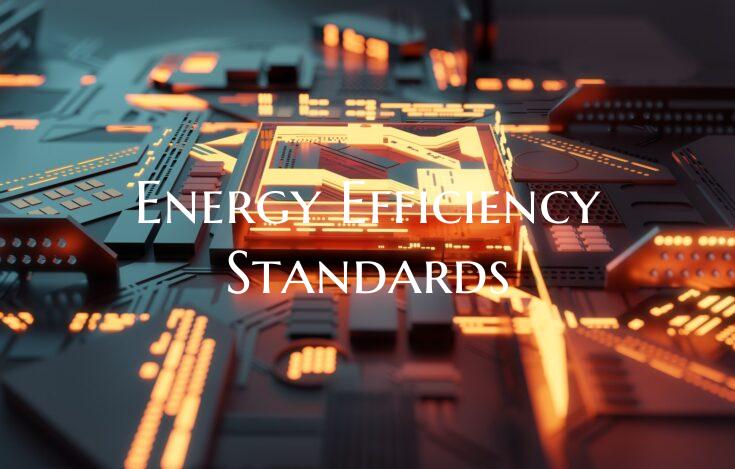Energy Efficiency Standards
Introduction: Energy efficiency standards play a vital role in ensuring that products and systems operate in a way that conserves energy, reduces waste, and minimizes environmental impact. As the world faces increasing concerns about climate change and the depletion of natural resources, the implementation of energy efficiency standards has become a pressing need in creating a sustainable future. This article will delve into the significance of energy efficiency standards and how they contribute to a more environmentally friendly and economically viable society.
Benefits of Energy Efficiency Standards: 1. Reduction of Energy Consumption: Energy efficiency standards mandate the development and use of products that require less energy to operate effectively. By promoting the use of energy-efficient appliances, vehicles, and buildings, these standards help in curbing overall energy consumption, resulting in lower utility bills for consumers and reduced strain on energy resources.
2. Environmental Preservation: One of the key advantages of energy efficiency standards is their positive impact on the environment. By promoting the use of energy-efficient technologies, these standards contribute to the reduction of greenhouse gas emissions and other pollutants that contribute to climate change. This, in turn, helps in preserving ecosystems, reducing air and water pollution, and mitigating the impact of global warming.
3. Economic Savings: Energy efficiency standards not only benefit the environment but also lead to substantial cost savings for individuals, businesses, and governments. Energy-efficient products and buildings require less energy to function, leading to lower utility bills and operational costs. Additionally, investing in energy efficiency measures creates job opportunities in industries related to clean energy and sustainability, thereby stimulating economic growth.
4. Long-Term Sustainability: By setting benchmarks for energy efficiency, standards encourage innovation and the development of advanced technologies that are more sustainable and environmentally friendly. This fosters a culture of continuous improvement in energy conservation practices and helps in transitioning towards a more sustainable energy future.
Challenges and Opportunities: While energy efficiency standards offer numerous benefits, several challenges exist in their implementation, including upfront costs, resistance from industries, and the need for consumer awareness. Overcoming these challenges requires collaborative efforts from governments, businesses, and consumers to prioritize energy efficiency and adopt sustainable practices. By doing so, we can harness the opportunities presented by energy efficiency standards to create a more resilient and sustainable society for future generations.
Conclusion: Energy efficiency standards are a cornerstone of building a sustainable future by promoting energy conservation, reducing environmental impact, and driving economic growth. It is essential for governments, businesses, and individuals to prioritize energy efficiency standards as a fundamental strategy for mitigating climate change, preserving natural resources, and fostering a more sustainable way of life. Embracing energy efficiency standards is not just a choice but a necessity to ensure a healthier and more prosperous planet for all.

